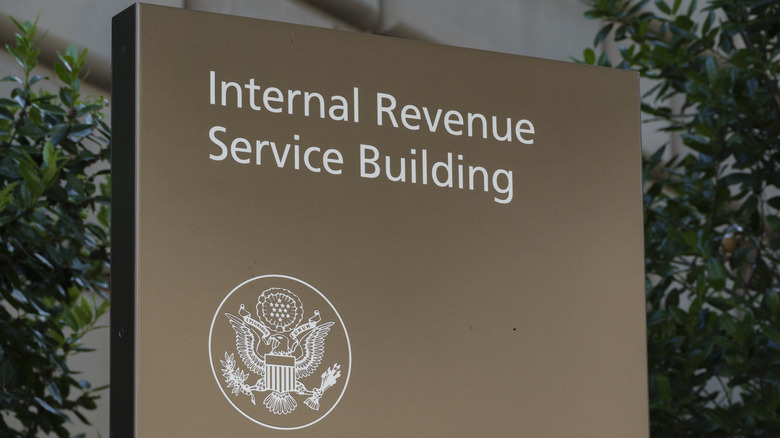Personal Items The IRS Can Take If You Don't Pay Your Taxes
You may know how an IRS audit works or the forms to submit so it does not flag your taxes. What you may not know is that the U.S. Internal Revenue Service (IRS) can take your personal items. This is called an IRS levy, the agency's legal right to grab what you own if you ignore its bills. In its FAQ, the body lists wages, bank accounts, cars, boats, and real estate among the things it can confiscate and sell to cover a tax bill. It can also redirect your Social Security payments or future tax refunds. You can stop a levy at that point if you already have, or are in the process of setting up, a payment plan, an offer in compromise, or if you can show that taking your property would cause serious financial hardship.
To prevent being taken by surprise, watch out for the IRS collection process. It begins with a Notice of Balance Due. This shows how much you owe in taxes, penalties, and interest. If you ignore it, you will get a Final Notice of Intent to Levy,, labeled as Letter 11, LT11 or CP90. That letter will indicate the government can take your property and will explain how to request a Collection Due Process hearing by filing Form 12153. From the date on that notice, you have 30 days to respond by either paying in full, setting up a payment plan, or asking for a review through the IRS Independent Office of Appeals.
Big-ticket items the IRS can (and routinely does) take
In 2004, IRS Special Agent Scott Schneider told a Pensacola jury that agents searching evangelist Kent Hovind's home found $42,000 in cash hidden in drawers and a safe. They seized the money to settle his unpaid payroll taxes. Aside from cash, the IRS often targets valuable items that are easy to sell. Revenue officers can tow away cars, RVs, or boats. Collectibles, luxury jewelry and portable assets like high-end watches or cryptocurrency wallets can also be seized. In one major case in 2022, IRS Criminal Investigation recovered 50,000 bitcoin from handheld devices tied to the Silk Road case, the agency's biggest crypto seizure to date.
After the IRS takes your property, it lists the item(s) on its official auction site. Whatever is earned after subtracting towing, storage, and auction costs is used to lower your tax bill. Real estate is also on the table, but with extra protection for defaulters. The IRS can seize rental or vacation homes like any other asset. But under federal tax law, the IRS must first convince a judge that there's no easier way to collect the debt before it can touch a person's main home. Even with court approval, the agency still has to follow steps; it must set a minimum sale price, give at least 10 days' public notice, and apply all proceeds toward the tax bill, after removing storage costs or auction fees. If there's left over, it goes back to the defaulter.
What is off-limit for the IRS?
Federal law gives taxpayers some breathing room when the IRS comes to collect. Section 6334 of the tax code protects basic items used in everyday life, and the IRS adjusts the limits each year for inflation. For 2025, fuel, food, household furniture, clothing and other personal essentials are protected up to a resale value of $10,810. Tools and books needed for work are shielded up to $5,400. Anything above those limits, though, can be taken and sold once the IRS levy process runs its course.
Some income sources are only partly at risk when the IRS collects. Through the Federal Payment Levy Program, the IRS can take up to 15% of a taxpayer's Social Security retirement benefits, but the rest of the check must go to the person's account so they can cover basic living costs. Unemployment payments have similar legal protection.
The best way to keep the IRS from seizing your property is to act before things reach the point of no return. For seniors on fixed incomes, or anyone worried about losing family keepsakes, respond to every IRS notice right away. If the numbers feel overwhelming, work with a qualified tax professional. If you worry that the IRS notice may be a financial scam, call the IRS directly at 800-829-1040 or sign in to your IRS Online Account. If the balance or action described in the letter you received isn't reflected inside your account, treat it as suspect.


